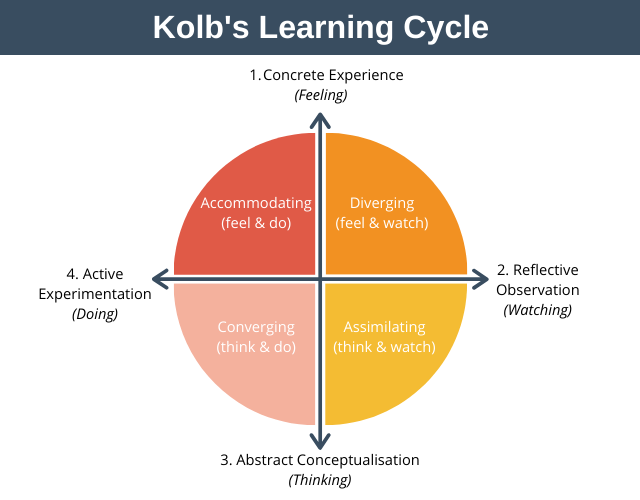Choosing a career path is a significant life decision, and finding the right fit involves understanding your strengths, preferences, and interests. The Holland Code career test, also known as the Holland Occupational Themes or Holland Codes, is a widely used tool designed to assist individuals in identifying suitable career options based on their personality traits. Developed by psychologist John L. Holland, this assessment has helped countless individuals navigate the complex landscape of career choices. In this article, we explore the foundations of the Holland Code and its practical applications.
The Holland Code Framework:
John Holland’s theory posits that people can be categorized into six primary personality types, and these types correspond to specific work environments and career preferences. The six Holland Codes are:
- Realistic (R):
- Individuals with a realistic orientation are practical, hands-on, and enjoy working with tools and machines.
- Common career paths: Engineering, construction, mechanics, farming.
- Investigative (I):
- Investigative individuals are analytical, curious, and enjoy solving complex problems through research and analysis.
- Common career paths: Scientific research, information technology, academia.
- Artistic (A):
- Artistic individuals are creative, imaginative, and often express themselves through various forms of art and design.
- Common career paths: Graphic design, writing, performing arts, interior design.
- Social (S):
- Social individuals are outgoing, empathetic, and thrive in roles that involve helping and interacting with others.
- Common career paths: Counseling, teaching, healthcare, social work.
- Enterprising (E):
- Enterprising individuals are ambitious, persuasive, and enjoy taking on leadership roles and business challenges.
- Common career paths: Sales, entrepreneurship, management, marketing.
- Conventional (C):
- Conventional individuals are organized, detail-oriented, and excel in roles that require precision and order.
- Common career paths: Accounting, data analysis, administrative roles, banking.
Taking the Holland Code Career Test:
The Holland Code career test typically consists of a series of questions designed to assess your preferences and tendencies across the six personality types. Based on your responses, the test generates a three-letter code that represents your dominant personality types. For example, someone with a code of “IRE” may have a combination of Investigative, Realistic, and Enterprising traits.
Practical Applications:
- Career Guidance:
- The primary application of the Holland Code is career guidance. Individuals can use their generated code to explore careers that align with their personality preferences. This can be particularly helpful for students deciding on a college major or professionals considering a career change.
- Team Building:
- Employers and team leaders can leverage the Holland Code to build well-rounded teams. By understanding the diverse strengths and preferences of team members, leaders can create a more collaborative and harmonious work environment.
- Personal Development:
- Beyond career choices, the Holland Code can offer insights into personal development. Understanding your dominant personality types can guide you in developing skills that complement your natural strengths.
Criticisms and Considerations:
While the Holland Code is a valuable tool, it’s important to approach it with a degree of flexibility. Individuals are complex, and their interests and preferences can evolve over time. Additionally, some critics argue that the six personality types are too simplistic and may not capture the full spectrum of human personality.
In conclusion, the Holland Code career test serves as a valuable resource for individuals seeking clarity in their career choices. By recognizing and embracing your unique combination of personality types, you can embark on a more informed and fulfilling career journey.




